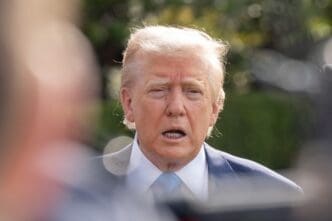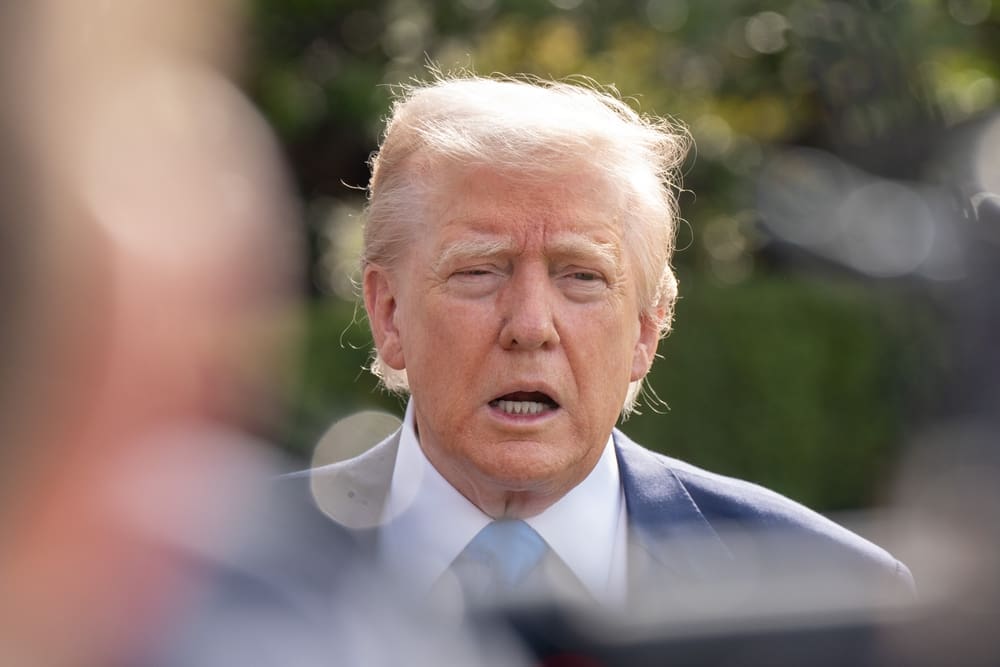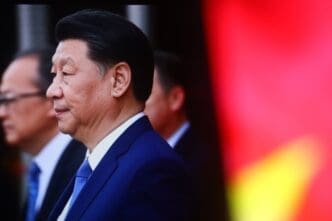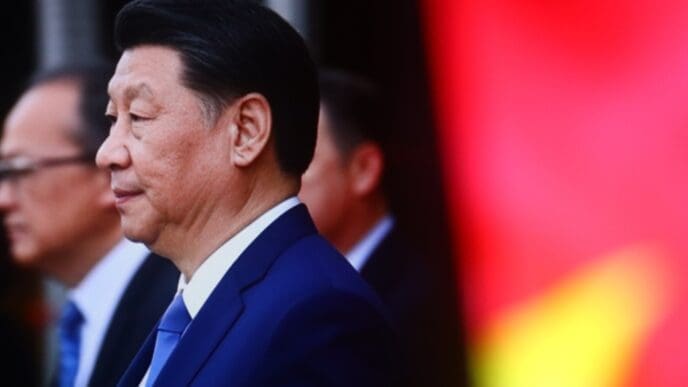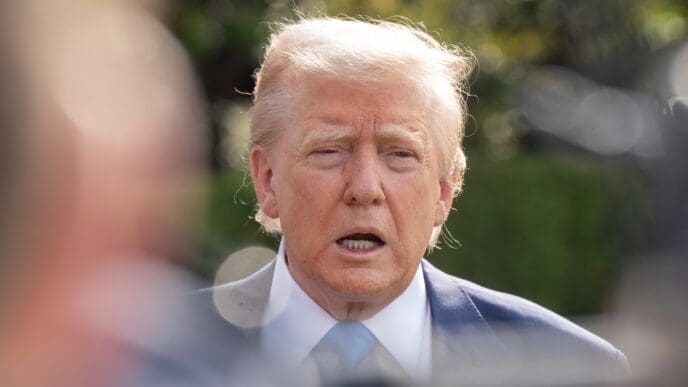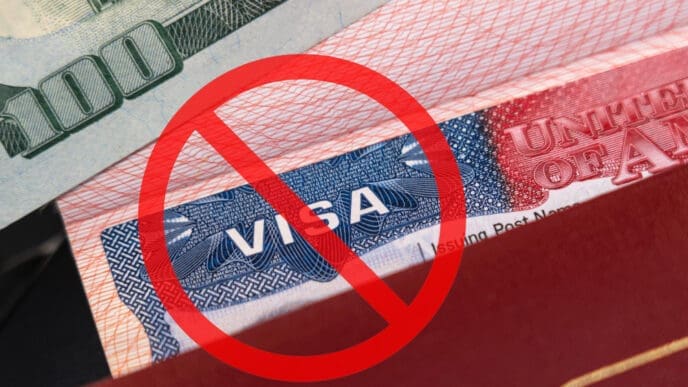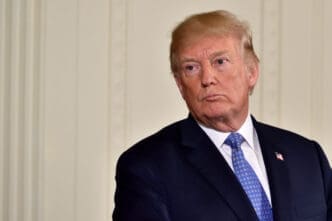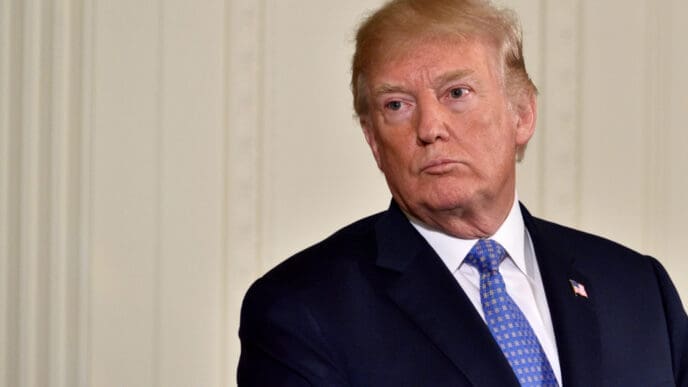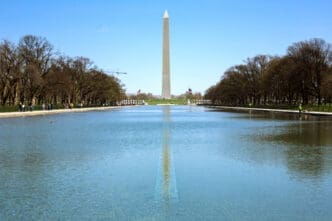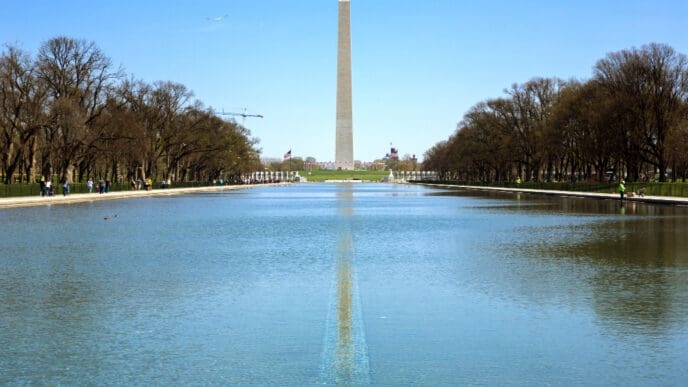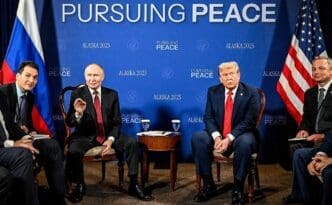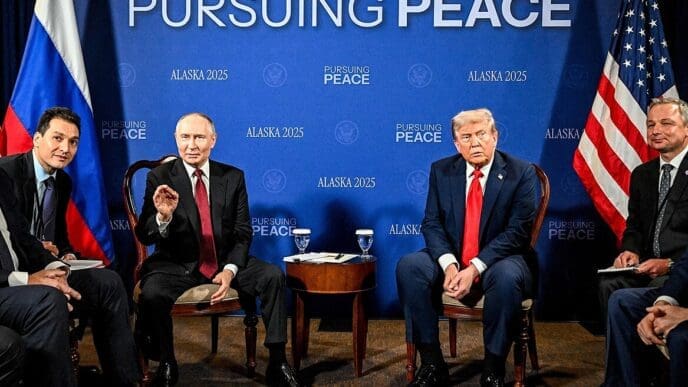In a move that surprised the White House press corps, Tulsi Gabbard made an unexpected appearance at a press briefing to launch a staunch defense of President Donald Trump and vehemently attack the origins of the federal investigation into Russian interference in the 2016 election. Gabbard, who has increasingly aligned herself with President Trump’s political movement, used the prominent platform to accuse former intelligence officials of orchestrating a “manufactured” crisis to undermine his presidency, signaling a significant escalation in the ongoing war over the narrative of the Russia probe.
A Surprise Podium Appearance
Tulsi Gabbard’s appearance was not on the official schedule, leading to a stir among reporters. She was introduced by the White House press secretary and immediately began a prepared statement focused on what she termed abuses of power by the “national security state.”
Her presence at the White House podium is symbolic of her remarkable political transformation. Once a candidate for the Democratic presidential nomination in 2020, Gabbard has since left the party, registered as an independent, and become a prominent surrogate and defender of President Trump and his “America First” agenda.
Targeting Intelligence Officials
Gabbard’s remarks singled out former high-ranking intelligence chiefs, accusing them of misleading the American public. She argued that these officials leveraged their positions to launch a baseless investigation against a political opponent, effectively weaponizing the nation’s intelligence apparatus.
This line of argument directly echoes the long-standing claims made by President Trump and his allies, who have consistently referred to the Russia investigation as a “witch hunt” and a “hoax” designed to delegitimize his 2016 victory and presidency.
The Enduring Political Battle Over the Russia Probe
Gabbard’s comments are the latest chapter in a protracted political conflict over the legitimacy of the FBI’s investigation, known as “Crossfire Hurricane,” and the subsequent special counsel investigation led by Robert Mueller. Understanding this context is crucial to grasping the significance of her statements.
Origins of the Investigation
The FBI’s initial probe began in July 2016 after it received information that a Trump campaign advisor had boasted that Russia had political “dirt” on Hillary Clinton. The investigation later expanded and incorporated information from various sources, including the controversial Steele dossier, a collection of private intelligence memos alleging a conspiracy between the Trump campaign and the Kremlin.
While the dossier’s most salacious claims were never verified and were later discredited, critics of the investigation, including Gabbard, point to its use in applications for surveillance warrants as evidence of a politically motivated and flawed process from the outset.
The Mueller and Durham Reports
The Mueller Report, released in 2019, concluded that Russia interfered in the 2016 election in a “sweeping and systematic fashion.” It did not, however, establish that the Trump campaign engaged in a criminal conspiracy with Russia. On the question of obstruction of justice, the report did not reach a conclusion but detailed multiple instances of President Trump’s actions to potentially impede the investigation, stating it did not exonerate him.
In response to these events, then-Attorney General William Barr appointed U.S. Attorney John Durham as a special counsel to investigate the origins of the Russia probe itself. The Durham Report, released in 2023, was highly critical of the FBI’s handling of the investigation but did not result in major convictions, further fueling the partisan divide over the issue.
Gabbard’s Political Future
Gabbard’s high-profile appearance has intensified speculation about her political ambitions and a potential role in a future Trump administration. Her sharp critiques of foreign policy interventionism and the intelligence community align closely with key tenets of President Trump’s platform.
By taking on this role, she positions herself as a loyal and powerful communicator for his base. Observers suggest she could be a contender for a significant position, such as Vice President, Secretary of State, or Director of National Intelligence, where she could enact the very reforms she is now advocating for from the White House podium.
Ultimately, Gabbard’s calculated appearance serves as a potent reminder of how the Russia investigation remains a central and deeply polarizing issue in American politics. It underscores the ongoing effort by President Trump and his allies to reframe the narrative of his first term and discredit his political adversaries as the nation looks toward the future.

